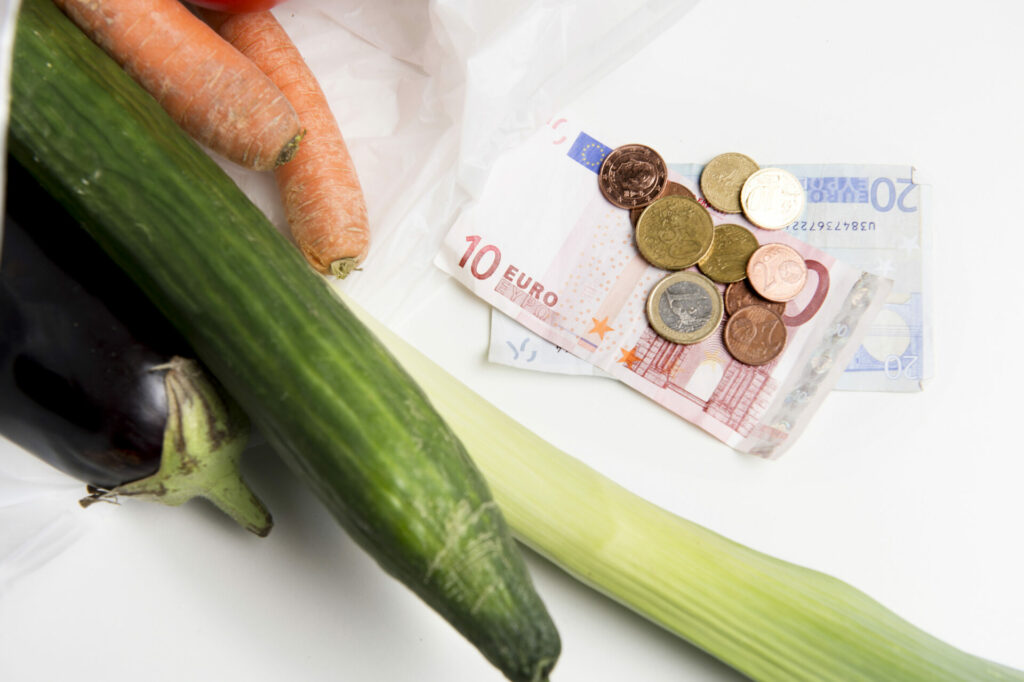While inflation in Belgium has fallen again for the first time since July, but the percentage still stands at 10.63% for November, according to the figures by the country's statistical office Statbel.
Following the "shocking" figure of 12.27% last month, inflation moderated itself in November to 10.63%, Statbel reports. Although the figure is still high, it seems to be the first potential turnaround in the rapid increase in the cost of living in Belgium.
This means that the lives of those living in Belgium have become more than 10% more expensive compared to November last year. The fall in inflation is related to the significant drop in gas prices after the peak at the end of August, and electricity prices.
Trend break?
The main cause of the high percentage is energy inflation, which currently sits at 36.07%. For example, electricity has become 41.9% more expensive in one year, and gas has seen an increase of 64.3%.
Still, not everyone dares to speak of a trend break. On Monday, the President of the European Central Bank (ECB) Christine Lagarde warned against premature optimism. "There is too much uncertainty, especially with regard to the high energy prices passed on to consumers, to assume that the peak has already been reached. I would be surprised if it were."
In addition to energy, inflation for food products has also risen sharply in recent months. Food inflation (including alcoholic beverages) now stands at 14.48%. The contribution of food products to inflation currently amounts to 2.76 percentage points.
Related News
- Europeans slip towards financial hardship, EU report finds
- Belgian bankruptcies increase 46% compared to last year
- Euro vs US dollar: Long-term uncertainty amid interest differential
But other products also remain more expensive compared to last year. Core inflation, which does not take into account the price evolution of energy products and unprocessed food, was 7.16% in November, compared to 6.5% in October.
The most significant price increases in November were registered for alcoholic beverages, clothing, travel abroad, vegetables, restaurants and cafés, dairy products, and bread and cereals. However, electricity, natural gas, holiday villages, non-durable household goods and maintenance charges in multi-occupied buildings have had a decreasing effect on the index.
Central index exceeded for fifth time this year
The central index for public service and social benefits has been exceeded this month, for the second month in a row and the fifth time this year. With each exceedance of the central index, social benefits are increased by 2% one month later. The salaries of the civil servants will follow a month later.
However, not only do the wages of civil servants go up with inflation, private sector wages are also rising. However, this happens at a different pace in each sector. For some sectors this happens monthly, for others once a year. Additionally, holiday pay, end-of-year and other premiums, as well as a whole series of supplementary pension plans, are also increasing in line with inflation.

